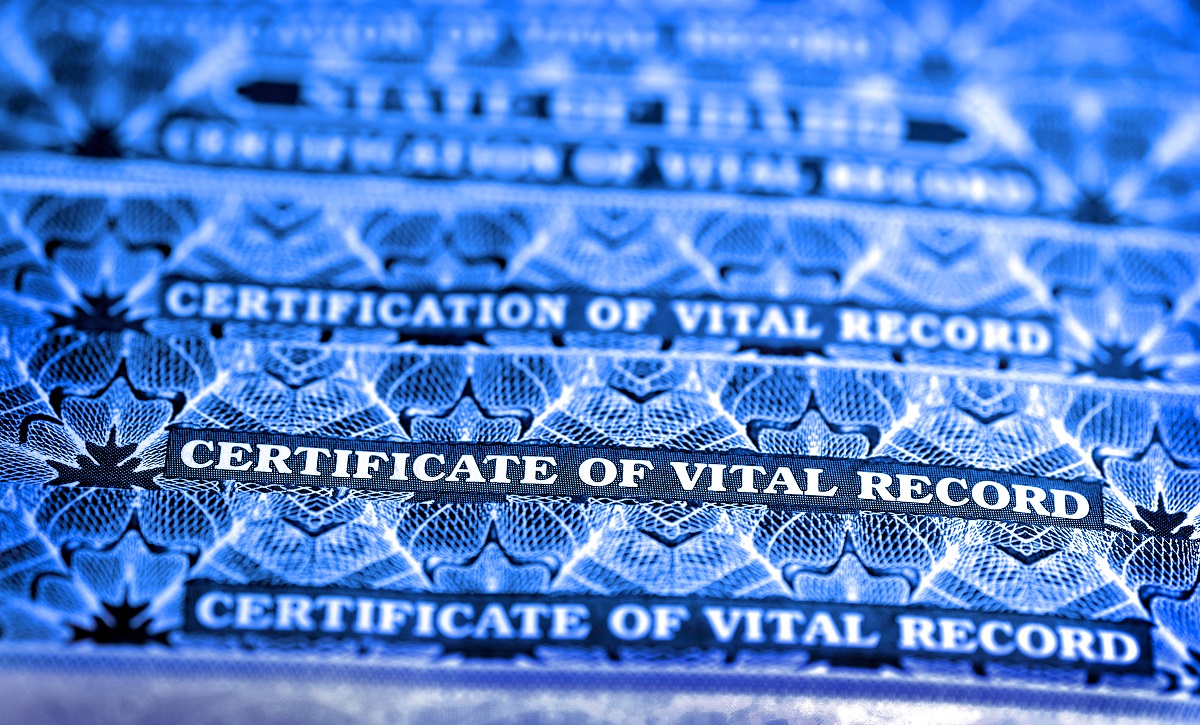

When filing immigration applications and petitions, the U.S. government often requires you to submit supporting documentation for marriage status, familial relationships, nationality and name changes. You may also need to document past interactions with police or the court system. It’s important to be truthful and transparent. The government typically does a criminal background check as a part of the green card application and other immigration benefits. Therefore, you will need to gather these civil records which are relevant to your situation.
This article provides guidance to help you find these important documents through public records or other searches. Sometimes criminal and civil records are simply not available. We’ll explain how to proceed in these situations and provide alternative evidence.
Table of ContentsNot sure which civil records you need for your application or petition? CitizenPath's online immigration services make it simple to prepare your forms and gather the correct supporting documents. In addition to your prepared form, CitizenPath provides you with a set of personalized filing instructions. Our filing instructions are customized to your answers in the application so you know what to do for your specific situation. You'll know exactly which supporting documents -- birth certificates, marriage certificates, divorce decrees, death certificates, and other -- to include.
Civil records are documentation of life events created by an official government agency or officer. They may also include records that are filed with a government agency or office. In the United States and some other countries, civil records are typically public records. That’s because most public records are available to anyone that requests them. There are some limitations to protect confidentiality.
Many countries outside the United States may use a family register, household register or family album. They are all different names for a civil registry used to track information of a genealogical or family-centric legal interest. Of course, each country may have unique names for these family registers. Names include hojeok in South Korea, koseki in Japan, familienbuch in Germany, hukou in China, and (formerly) propiska in the Soviet Union.
Vital records generally include documents like birth and marriage records. These records are commonly required as supporting documents to evidence relationships, marriage status and nationality. Examples of documents that the U.S. government may request include:
Again, many immigration applications and petitions require you to disclose and document past interactions with law enforcement, both in the United States and abroad. Examples of documents that the U.S. government may request include:
When applying for an immigrant visa at U.S. embassy or consulate abroad, the National Visa Center requires you to submit certified court and prison records for each conviction. Even if you received a pardon or were otherwise granted amnesty, you must submit records that include the complete circumstances of the crime for which you were convicted and the final outcome of the case, including the penalty. (Note: Police records are different than a police clearance certificate.)
Applicants inside the United States must submit police and court records to USCIS that include any arrest or charge, even if they occurred as a minor or were later expunged. Unless the incident involved alcohol, drugs, personal injury or property damage, you likely do not need to provide records related to minor traffic violations.
You may also be required to submit a statement related to events that led to your arrest and/or conviction. It’s always best to seek the advice of an immigration attorney when applying for immigration benefits after an arrest and/or conviction. An attorney can help you strategize for your particular situation and assist with your written statement.